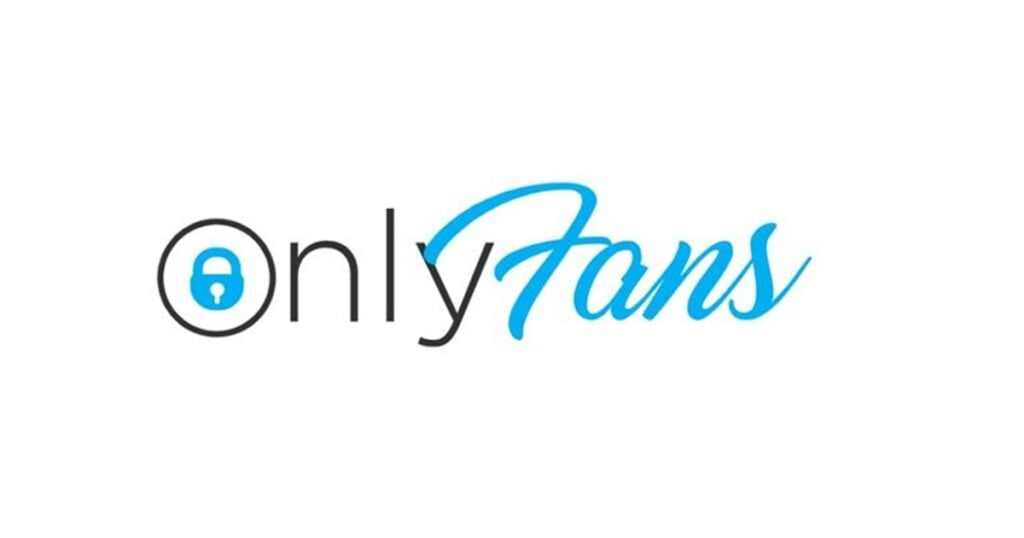
Content-creation platform OnlyFans' decision to ban “sexually explicit” content from the site sparked backlash from creators and audiences this week with many pointing to the move as further endangering sex workers, including many in the LGBTQ community.
OnlyFans Bans Pornography
OnlyFans announced the move Thursday, saying it would phase out pornographic and “sexually explicit” material that doesn't adhere to its Acceptable Use policy starting on October 1. The policy prohibits users from posting content it deems defamatory, discriminatory, threatening or promotes violence. It also forbids the exploitation of minors through use of the platform.
Its revised policy released Friday effectively bans depictions of sex and masturbation, both actual and simulated, depictions of “bodily fluids commonly secreted during sexual conduct” and any imagery of genitalia it deems “extreme or offensive.”The new policy also sets a Dec. 1 deadline for creators to remove any content containing or advertising “sexually explicit conduct” per the new definitions.
The move could potentially deplatform a large amount of sex workers and others that utilized the platform to earn a living in relative safety. The site's popularity grew substantially over the last 18 months due to its benefits to sex workers as the Covid-19 pandemic forced citizens into lockdowns.
Financial Gain
The site rode that wave of popularity, heavily fueled by sexual content, to billion-dollar revenues in 2020. The company is expected to exceed $4 billion in revenue in 2021 according to Bloomberg. Despite the financial boom, OnlyFans chose to pivot away from what built it after banks and financial transaction services pushed it to eliminate sexual content from the platform.
“The adult industry is sadly used to companies cutting their teeth on the adult market and then abandoning them once they reach critical mass,” said Dominic Ford, founder of OnlyFans rival JustFor.fans. Senator Scott Wiener decried the decision as “terrible and puritanical,” saying, “Forcing sex work off of the internet doesn't make it go away. But it does make it less safe, as sex workers have no choice but to work on the streets, where they face increased risk of violence.”
Others have pointed criticisms specifically toward how the news affects queer and trans creators currently utilizing OnlyFans for income. “OnlyFans banning sex is the tired pattern of social media platforms using sex and queer content to build their user base and make billions, then bailing when it takes too much thought, effort and courage to support us, ” said queer artist Leo Herrera.
“Reading the tea leaves on the OnlyFans thing, I think it's a good time to remind the LGBTQ community that as sex work goes, so go us. They are the canaries, but our *existence* is seen as sexual and therefore obscene,” tweeted queer writer Mari Brighe.
Free Speech Coalition spokesperson Mike Stabile highlighted similar concerns while calling out the financial institutions that seemingly spurred OnlyFans' decision. “While many will blame OnlyFans for sacrificing sex workers in pursuit of investment capital and mainstream recognition, we need to be frank about where the true fault lies: with the banks and credit card companies like Mastercard, who have refused to stand up to a misguided and ill-intentioned evangelical War on Porn,” Stabile said in a statement.
“Banks and credit card companies are risk-averse institutions, easily scared by potential bad publicity. Religious groups know this, and have made no secret of targeting them in their quest to eliminate sex workers altogether. In doing so, companies like Mastercard have become enablers of these anti-porn, anti-LGBTQ, misogynist groups,” Stabile added.
‘Money Is The Priority'
But the impetus for the pornography ban could also be a BBC investigation into OnlyFans that alleged the company knowingly allowed creators that published illegal content on the site to continue operating without strong response. According to the BBC report, OnlyFans moderators referred to a “compliance manual” that dictated moderators to issue three warnings to creators found in violation of the Accepted Use Policy rather than banning accounts outright. The manual also advised moderators to issue additional warnings to “accounts with higher numbers of subscribers” rather than taking stronger action.
The report also claims that creators with higher subscriber counts are handled by an entirely different moderation team than others with smaller customer bases. The company said the “compliance manual” wasn't “official guidance,” but OnlyFans COO Tom Stokely is listed as an editor of the manual in question. “It shows money is the priority,” an OnlyFans moderator told the BBC.
A previous BBC report highlighted multiple instances of minors being able to post sexually explicit content on the platform, subverting OnlyFans' monitoring structures in various ways to do so.
Whether the catalyst is OnlyFans' alleged practices in moderating its platform or pressure from financial institutions as its statement claims, the end product of the ban threatens the safety of many sex workers, LGBTQ or otherwise. “For people who made a living off studio porn previously, the move to OnlyFans has meant significantly more control over safety, partner choice and representation – particularly important for performers of color and trans people,” Heather Berg, assistant professor of women, gender and sexuality studies at Washington University in St Louis, told The Guardian.
“Whenever de-banking or deplatforming occurs, the workers who are most vulnerable are the ones to bear the brunt of the harm,” added online sex worker and Adult Industry Laborers and Artists Association co-chair Mary Moody. “Make no mistake, this change will kill sex workers.”



